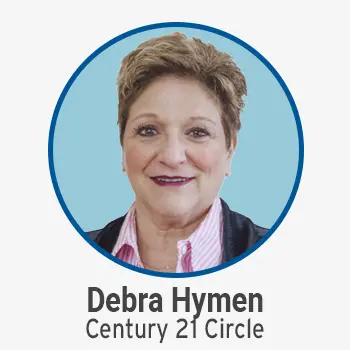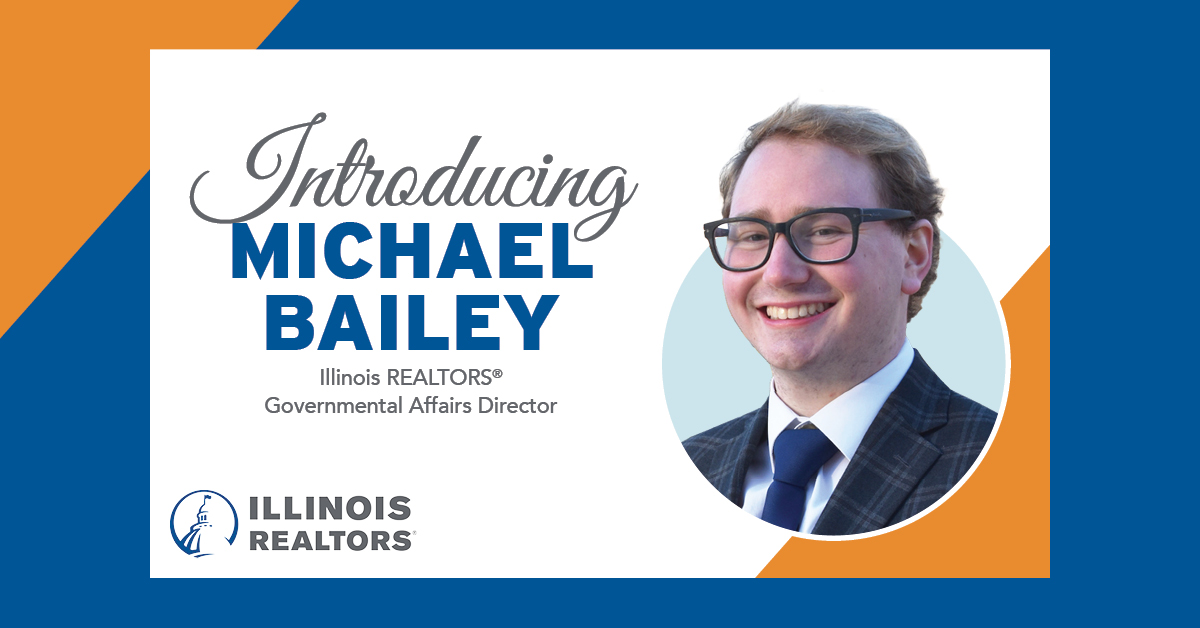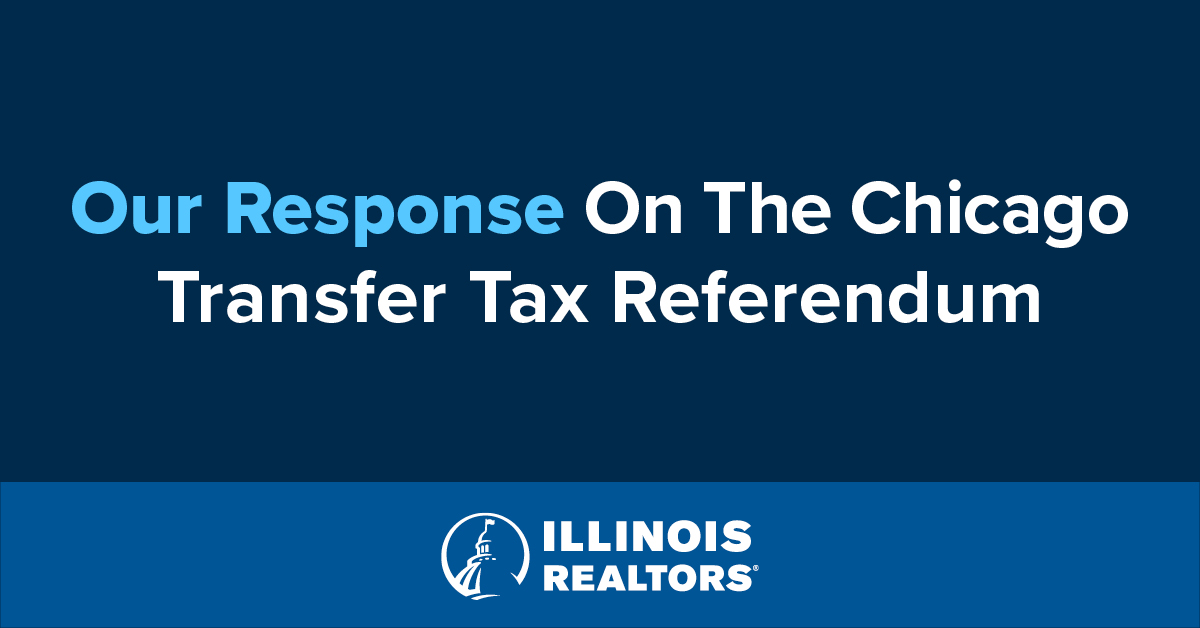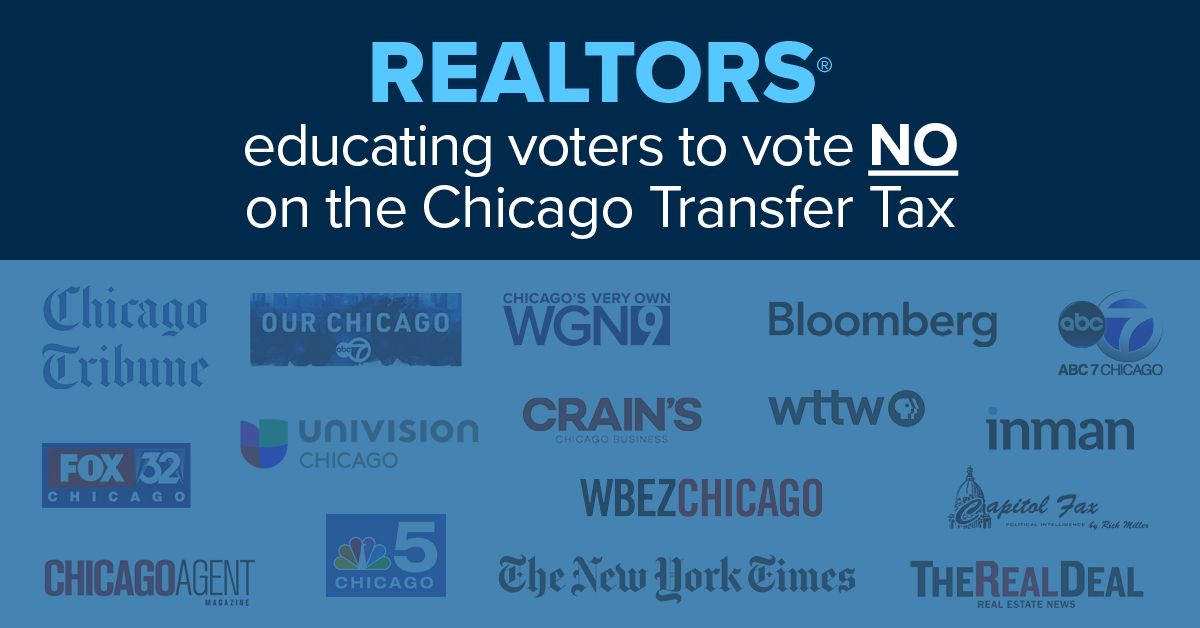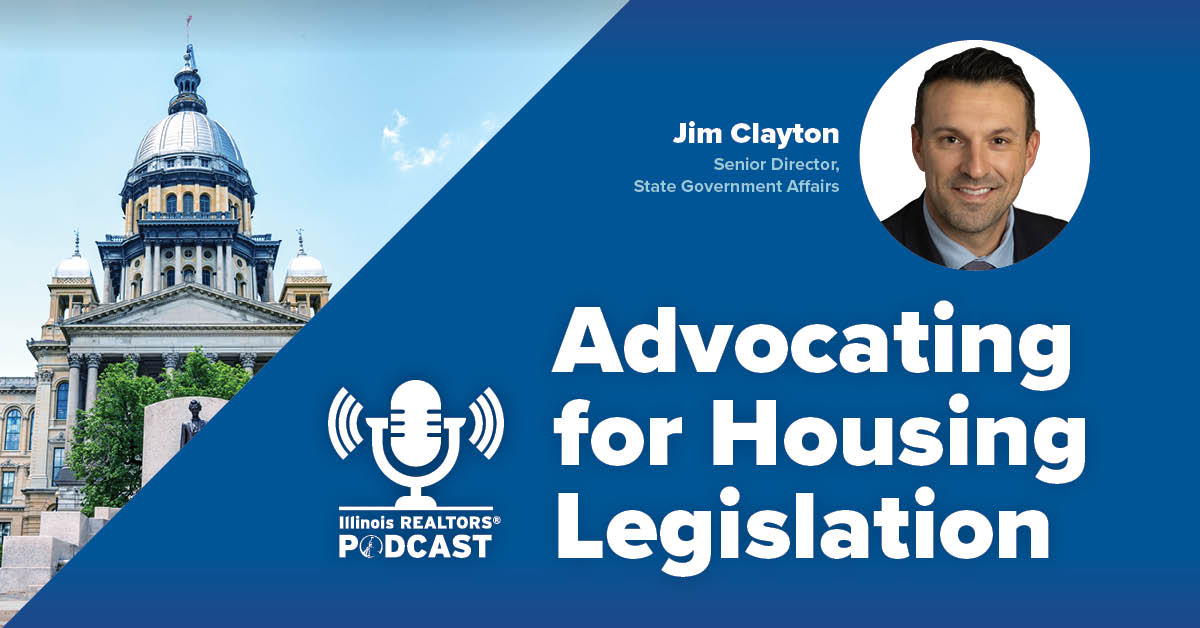In addition to election activities and helping to spread the message on statewide legislative issues such as Rent Control, your local Governmental Affairs Directors (GADs) have been working hard with their local REALTORS® on a variety of issues. Here are some of the highlights so far this year:
In Joliet, a proposal to expand the existing landlord licensure program to include rented single-family homes was blocked for the second time in two years.
REALTORS® worked to get impact fees reduced in Kendall County, Lakewood, Poplar Grove and Springfield.
“Crime-Free Housing” proposals with new regulations and fees on landlords were shelved in Bethalto and Danville. And in Rantoul, the “crime-free” seminar attendance was changed from mandatory to voluntary.
Schaumburg blocked a proposal to impose caps on the number of units rented in condominium associations.
Peoria amended its rental registration ordinance to reduce requirements on rental property owners after significant input from REALTORS®.
Vacant property registration programs were enacted with significant input from REALTORS® in Tinley Park and Rockford. And in Lake Barrington, a proposed foreclosure registry ordinance was tabled.
After strong involvement from Peoria REALTORS® on a proposed parcel fee last November, the city of Peoria decided to include REALTORS® on a budget formation committee in the future.
A referendum proposal to increase the real estate transfer tax in Chicago was blocked from the April municipal election ballot. (This is likely to come up again for the March 2020 Primary ballot.)
A new regulation regarding the replacement of lead service water lines in Elgin, which included property owner-friendly options for financing and for alternatives, was adopted with REALTOR® input.
Resolutions opposing Rent Control were passed by the chambers of commerce in Champaign, Springfield, Decatur and Danville. This augments our state legislative efforts on this issue.
With data driven input from local REALTORS®, the village of Oak Park enacted a reasonable inclusionary housing ordinance (mandatory set-aside for affordable housing). The ordinance excludes developments of new condos and single-family homes (targeted only to new apartment buildings in one section of the village).
PACE bond financing was enacted in DuPage County. Pursuant to state legislation (which Illinois REALTORS® supported in 2017), this enables affordable financing for energy-related improvements in non-residential properties.
Country Club Hills, Hazel Crest, Matteson, Park Forest and Sauk Village are implementing administrative improvements in the point of sale home inspection programs. Most of the improvements were suggested and advocated by local REALTORS®.
In Evanston, a proposal to require landlords to provide relocation assistance when rents are increased above a specific percent was shelved. REALTORS® argued this is a type of Rent Control.
REALTORS® in Bloomington worked to ensure the due process provisions of the revised zoning code were as strong and transparent as possible.
A real estate transfer tax proposal was defeated in Bannockburn.




 Create professional development programs that help REALTORS® strengthen their businesses.
Create professional development programs that help REALTORS® strengthen their businesses.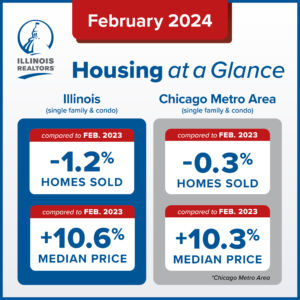
 Protect private property rights and promote the value of REALTORS®.
Protect private property rights and promote the value of REALTORS®.
 Advance ethics enforcement programs that increase REALTOR® professionalism.
Advance ethics enforcement programs that increase REALTOR® professionalism.
 Protect REALTORS® by providing legal guidance and education.
Protect REALTORS® by providing legal guidance and education. Stay current on industry issues with daily news from Illinois REALTORS®, network with other professionals, attend a seminar, and keep up with industry trends through events throughout the year.
Stay current on industry issues with daily news from Illinois REALTORS®, network with other professionals, attend a seminar, and keep up with industry trends through events throughout the year.
